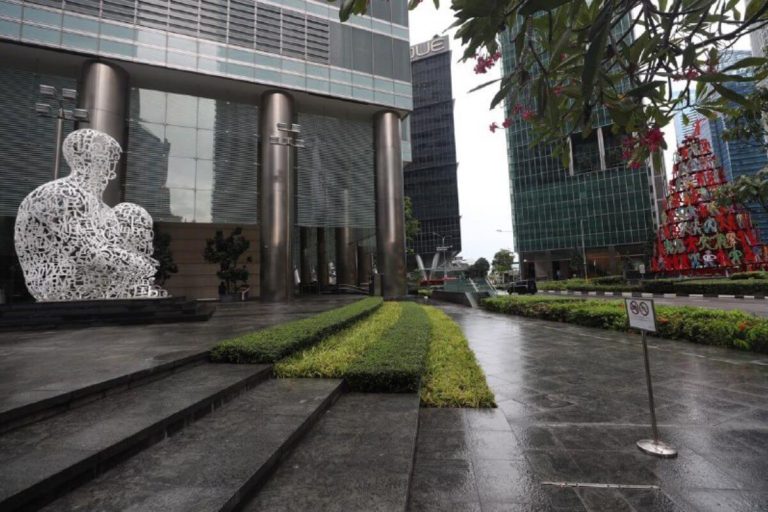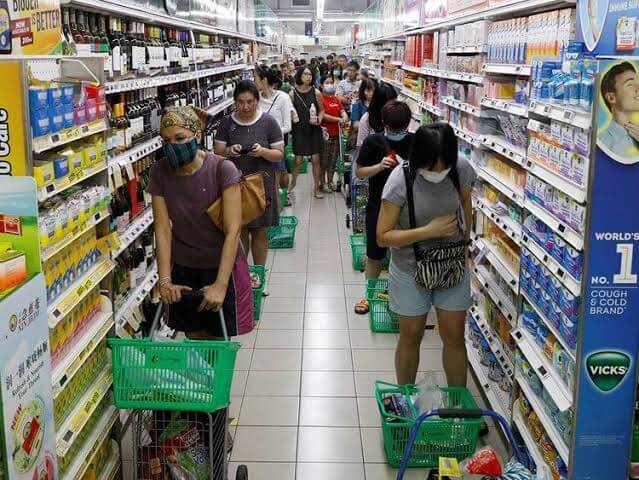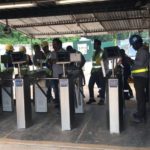Impacts of Singapore Lockdown to Combat Coronavirus

The closure of all non-essential workplaces for a month from Tuesday (April 7) will have a drastic impact across the whole economy and it is difficult to predict when this crisis will be over “Circuit Breaker” is Singapore Lockdown to combat coronavirus. All non-essential companies shall not get to workplace from 7 April to 4 May 2020. Employees still can continue their works at home and adopt telecommuting, videoconferencing and other interactive tools where it’s feasible. Such arrangement should first apply for vulnerable employees, those who are older, pregnant or have underlying medical conditions due to this Singapore Lockdown.
For those in essential service line, employers should provide arrangement such as stagger work hour and reduce close contact at work. Employee shall widen the space between individual work station to at least 1 meter, shorten the meeting session, maintain minimum number of staff to work at workplace to perform key activity while the rest who are not dealing with critical business operation service such as account, finance, admin is strongly encourage to work from home.
Manufacturing sector shall re-schedule working shift and clear separation of employees into few team while extending operational hours to maintain production output.
All religious services and congregations will be suspended. Places of worship (e.g. temples, mosques, churches) may remain open for private worship and essential rites, subject to group sizes of 10 persons or fewer at any one time.
Services that Remain Open to Support Daily Needs Due to Singapore Lockdown
All restaurants, hawker centre, coffee shops, food courts will remain open for takeaway only. Food manufacturing and retail outlets provide daily living needs will remain open. Supermarkets, pharmacies, restaurants, food and beverage outlets, and other outlets offering essential services will also remain open. All other physical retail outlets shall be closed. Public service will be fully operational at reduce manning for safe distancing but digital services still available for residents to use only if it’s urgent cases. Other Essential services like healthcare, social services, financial services, cleaning services, and water, energy, environment related services, hairdressers/ barbers, lift maintenance, laundry), transport services, and telecommunications services will remain open. Essential Services and their related supply chains, as well as entities that form a part of the global supply chain, are exempted from the suspension.


Tourism & Airline Industry affected During Singapore Lockdown
Tourism & airline industry suffers big hits by COVID-19. All attractions, theme parks, museums and casinos will be closed. Sports and recreation facilities, such as public swimming pools, country clubs, gyms and fitness studios will also be closed.
Government’s top priority, therefore, is to save lives and keep the rate of infection and transmission low to avoid healthcare system overwhelmed. 3rd budgetary set had been introducing to response build resilience, by ensuring businesses are not permanently damaged and affected workers are able to bounce back. The crisis brought on by the Covid-19 outbreak is much more complex than previous crises the world has seen before, such as the Asian financial crisis in 1997 and the global financial crisis between 2008 and 2009. The effect of the outbreak is a sharp reduction in global aggregate demand and a widespread disruption to the global supply chain. This is sending shock waves across the world.
In fact, no one able to predict what’s next on economies, not only Singapore Lockdown but the world. Even the most skillful forecasters have had to revise their economic projections repeatedly due to many uncertain factors growth rapidly from time to time. International Monetary Fund (IMF) has pull down its global economic growth rate three times since last year. More important now is a collaboration between global community to coordinate and manage both pandemic but also economic crisis.




